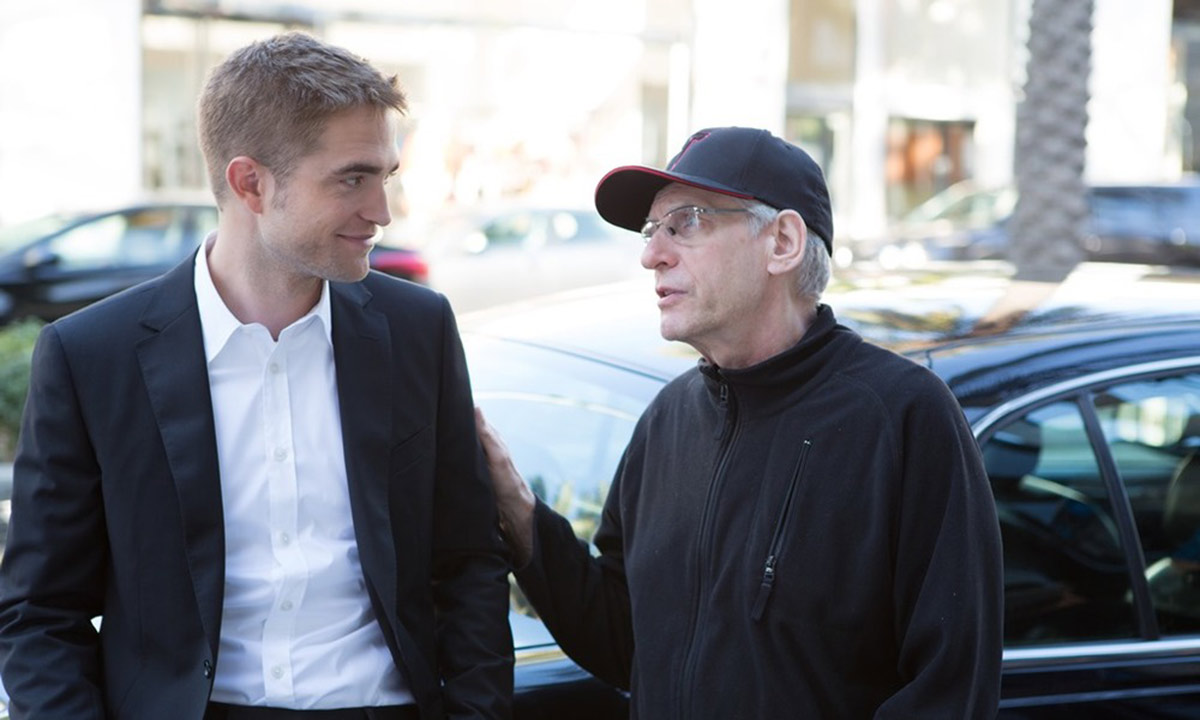Over the last few years, it has become a common occurrence to have a famous director come out and reinforce to us the idea that cinema, as we know it, is dying or is being replaced by an unknown, almost hostile entity.
The list speaks for itself, really: David Lynch, Martin Scorsese, Pedro Almodovar, David Fincher, Ridley Scott, and many more, have expressed concern about the paradigm shift that is slowly developing from the theatrical experience to the streaming on your own personal device. It is fascinating reading what some of these legends have to say and the responses from cinephiles. However, there has also been some pushback against this idea. Take for example Steven Soderbergh, who’s using the available technology to his advantage, tackling the artistic possibilities of television (“The Knick,” and “Mosaic“) and even shooting his latest film “Unsane” on an iPhone.
Cinematic purists such as Christopher Nolan, Quentin Tarantino, and Paul Thomas Anderson will tell you that they are trying to maintain, hell, even save cinema by shooting on film, but, truth be told, you can’t really stop evolution from taking place, even at the movies.
Cinema is an art form that, much like any other form of art, is continuously evolving and there is no stopping it, no matter how hard one may try. With all that being said, David Cronenberg seems to be a filmmaker that is looking at this evolution with the glass half full. The writer-director of such classics as “The Fly,” “A History of Violence,” and “Videodrome” was recently giving a speech on the everlasting importance of art, whilst receiving an honorary degree from OCAD University.
When it came the time to talk about cinema’s future, the Canadian writer-director spoke plainly and gave a complex and fascination rumination:
“The painter Willem de Kooning said: ‘Flesh is the reason oil paint was invented.’ I say, the human body is the reason the cinema was invented. The face, the body, is its true subject, the most photographed object in cinema. Cinema is the body.”
“I’m here today because I’ve made some movies. However, because of the internet, Netflix, streaming, cinema is dissolving, the big screen is shattering into many little screens, and this is causing much stress amongst movie-nostalgia hardliners. It does not matter to me. In fact, it pleases me. Because the human body is evolving, changing, and since the cinema is body, it makes sense that the cinema is changing, evolving as well. If movies disappeared overnight, I would not care. The cinema is not my life. Your art form cannot be your life. To say that it is, to make it be that, is to evade life itself. However, you will not do that, will you? No, I’m sure you won’t.”
Only Cronenberg would make the distinction between the future of cinema and the human body. After all, this man has made a career out of his obsession with body-horror. Not many artists out there would be as contemplative and thoughtful about this subject matter as Cronenberg. Yes, arthouse theaters are closing shop all over the country, and the fact that Disney has all but monopolized the theatrical experience doesn’t help either.
There is also a certain filmmaker by the name of James Cameron trying to working on the technological possibilities by widening the scope of what an enveloping, even virtual, experience at the theater could look like in the near future. The natural result of this would surely be what Cronenberg describes as cinema dissolving “into many little screens” as well, maybe that means a streaming service takeover and beyond, we do not really know.
This phenomenon of “movie-nostalgia hardliners” is not new either. There was a pushback against bringing sound to movies with “The Jazz Singer” back in 1927 and having technicolor instead of black and white back in 1939 with “The Wizard of Oz” and “Gone With the Wind.”
However, we survived the onslaught and masterful cinema continued to be made. It is part of the never-ending evolution of the art form. Instead of screaming about the sky falling, maybe we should embrace the new and exciting times ahead of us at the movies, whatever the definition of “movies” may come to be.





